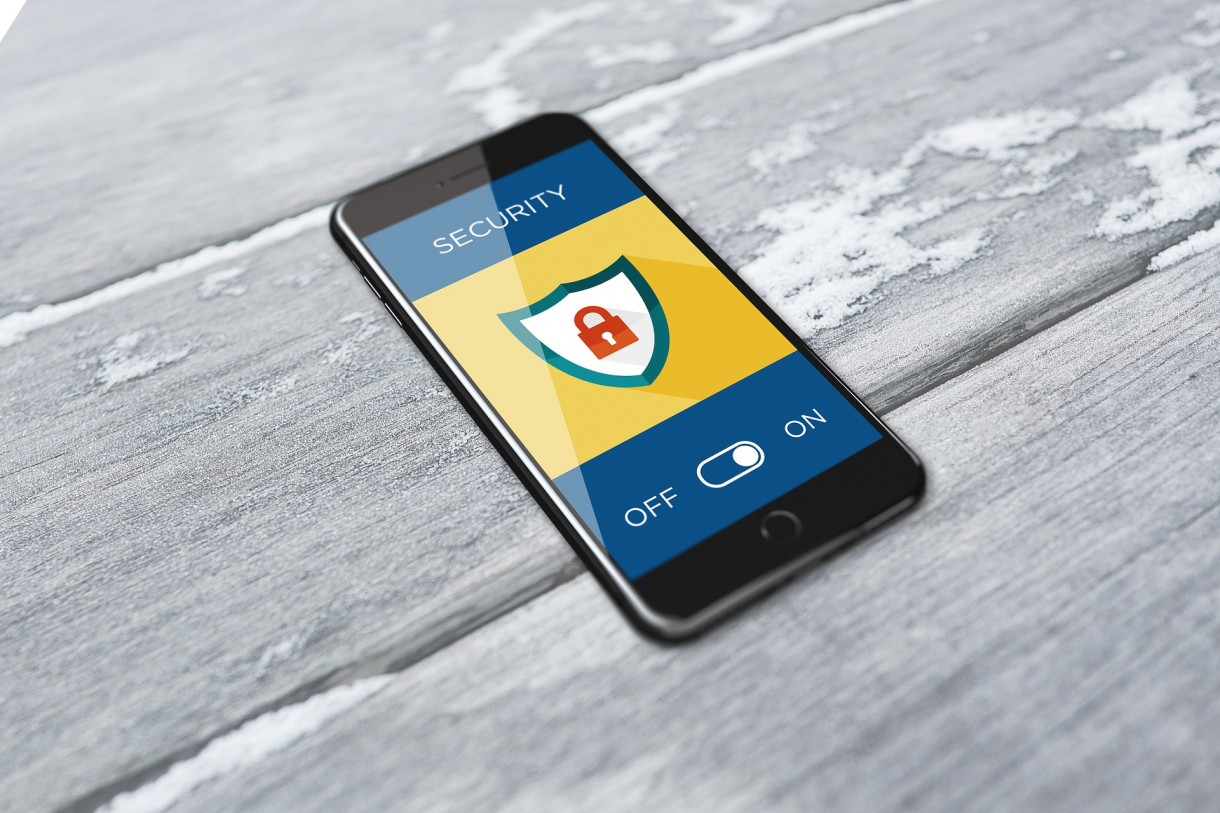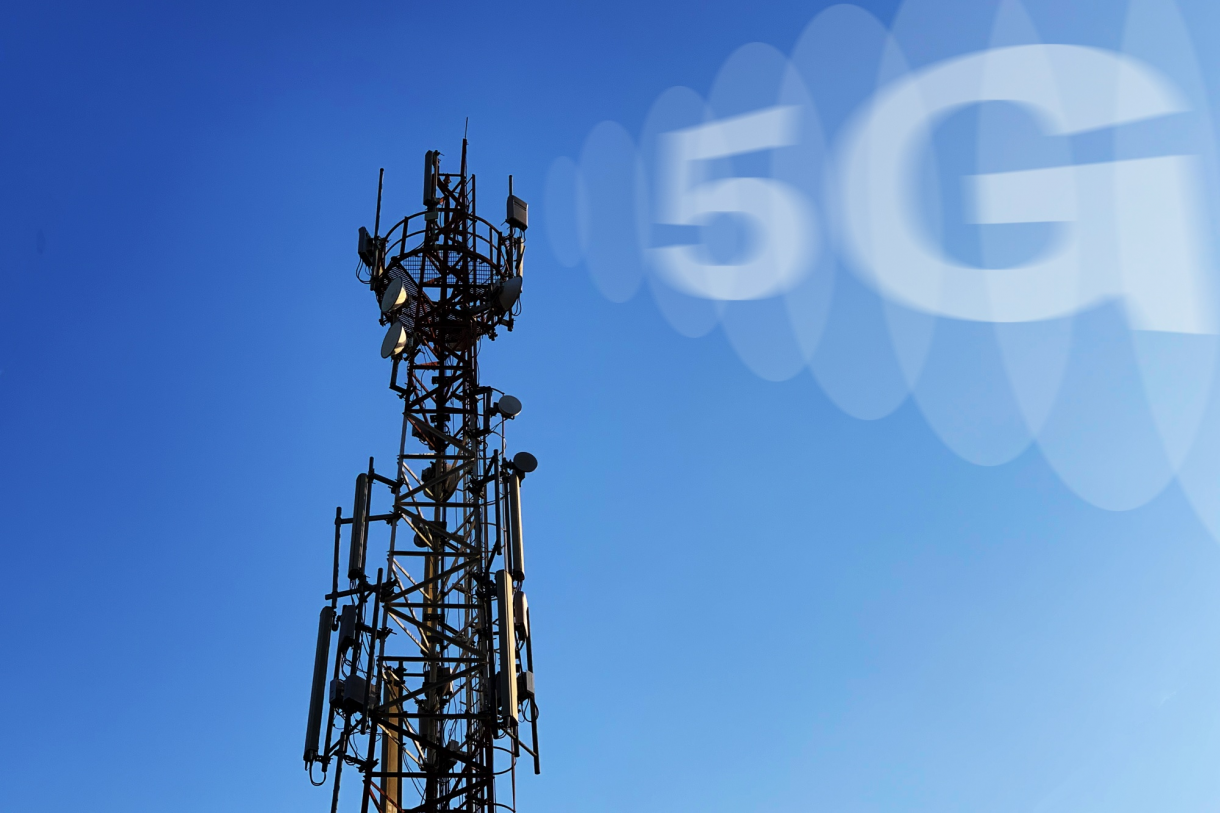Danger Ahead: How to Increase Digital Safety and Equity

Share this Post
The COVID-19 shift toward digital life is visible in how the internet is playing an increasingly ubiquitous role in mediating people’s access to jobs, education and basic social services.
In the U.S. and Germany, over 80% of people use online resources to search for jobs. During COVID-19, students around the globe shifted into online learning and significantly increased the time they spent online. And in the US, over a quarter of low-income Americans use the internet to apply for critical social welfare services from the government.
This rise in digitally-enabled employment and education raises concern about the potential for digital inequities, including the unequal use of safety behaviors that determine people’s ability to stay safe online.
Threats to digital safety can have serious consequences. For example, during COVID19, “Zoombombers” exploited the online repositories where teachers shared the links and passwords to children’s online classrooms and in some cases used those credentials to harm young children by entering their classroom and showing pornographic content.
With increasing internet use comes increasing risk from being online. For example, job seekers may encounter scams or receive phishing emails that purport to be from a potential employer, but which actually aim to get the recipient to click and share their bank account information. And, if job seekers do not protect their own online privacy, they may risk losing a job over an employer objecting to content they shared online.
Digital safety is a prerequisite to gaining benefit from online opportunities
Proactive behaviors including two-factor authentication and safety tools such as privacy settings are designed to support people in staying safe online. But, academic research, including my own, finds that not all Internet users have equitable access to digital safety education or tools.
Research consistently finds that those with lower digital skill – less ability to use various features of the internet – are also less likely to effectively use digital safety tools and techniques. For example, those with less digital skill are less likely to use privacy settings, more likely to fall for phishing emails, less likely to back up data on their devices, and less likely to use antivirus software.
Inequities in digital skill correlate with offline resources, exacerbating existing inequities that may already exist in people’s access to opportunity. Specifically, those from less resourced economic backgrounds and those with less education have significantly lower digital skill, as do those from non-Western countries.
Further, those from marginalized communities – which may include those with fewer offline resources or those from non-Western countries – may face different and more severe digital threats than their more resourced peers. Inequities in digital safety thus serve to exacerbate inequities marginalized communities may already face.
Is education the solution to inequities in digital safety?
The first suggestion that may come to mind is public education. However, academic research finds that those from less resourced backgrounds are less likely to have authoritative sources like a friend with an IT background or a work colleague to consult for advice about digital safety.
If people try to find digital safety advice on their own by searching online, they will find over 400 different pieces of advice. Nearly half of this advice is written at a college-reading level or above. Regular internet users and even digital security experts struggle to prioritize which advice is most important to implement.
Educating people about security requires experimenting to identify a small, actionable set of behaviors people really need to do to stay safe. This set of behaviors can then be communicated more equitably through, for example, public digital safety campaigns, much like existing approaches to crime prevention and public health.
But, education alone won’t fix inequity in digital safety. The burden of implementing safety strategies does not fall evenly. Academic research finds that it may take some people far longer than others to take protective actions like creating a strong password or using two-factor authentication. And, those who bare this heavier burden tend not to choose to protect themselves as a result.
One approach that can help equalize the burden of staying safe is to offer extra resources to those who find digital safety practices more challenging. Facebook, for example, has considered offering some users YubiKeys, pieces of hardware that the user can tap instead of typing in a code sent to their phone. YubiKeys both speed up and simplify the process of two-factor authentication and make the authentication process more secure.
Right now, these extra resources have only been considered for high-profile, high-risk users like journalists and politicians. But, extending these resources to people who face more difficulty with digital safety can help to reduce digital inequity and keep people safer online.
Inequity in digital safety impacts everyone
When some users cannot, or choose not, to protect themselves, they inevitably threaten the digital safety of those around them. For example, if a social media friend of yours chooses not to protect their account, making it more vulnerable to being hacked, you’re more likely to receive phishing messages or have your privacy violated by someone capturing your content with another person. Thus, to create equitable access to the benefits and opportunities facilitated by the internet, it is critical that we ensure digital safety for all through a combination of education and resource programs.
This Commentary is published as part of the European-Israeli Forum for Technology and Society, a collaboration between the Israel Public Policy Institute (IPPI) and the Heinrich Böll Foundation.
The opinions expressed in this text are solely that of the author/s and do not necessarily reflect the views of the Israel Public Policy Institute (IPPI) and/or the Heinrich Böll Foundation.
Share this Post

The Quantum Internet: A Network for All?
From optimizing production in manufacturing, to allocating hospital beds, to operating door entry systems of smart buildings, the…

What is 5G?
Why does 5G network technology matter? The fifth-generation cellular network technology, 5G, is about to accelerate the overall pace of…

"The pandemic has put a magnifying glass on misinformation”
Disinfo Talks is an interview series with experts from around the world, who tackle the challenge of disinformation through…
